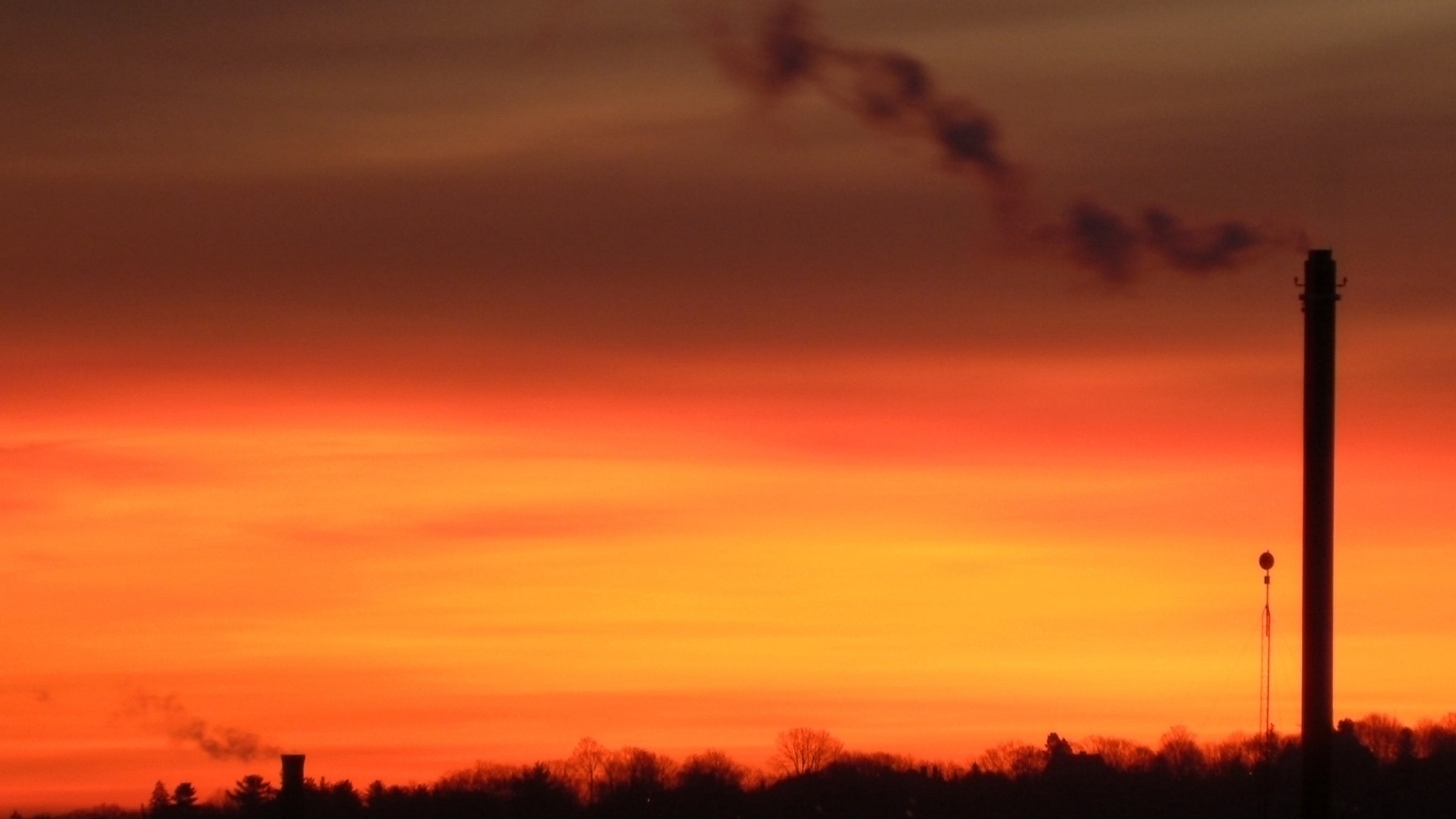A group of kids and young adults from across the West who filed suit against President Obama in August of 2015, claiming federal inaction on climate change was violating their constitutional right to life, liberty, and pursuit of happiness, just won a major victory in court. The federal government’s refusal to draft and implement a comprehensive carbon emissions reduction plan is mortgaging their future well-being, they say, and amounts to a civil rights violation.
The cases rest heavily on documents dating back to the 1950s that originated from the Government Accountability Office, Congress, the Environmental Protection Agency, and other federal offices that disclose the possible threat excessive carbon emissions and the burning of fossil fuels pose to the country. In essence, the federal government is about to stand trial for knowing about climate change and its threats to public health, infrastructure, and future generations but not acting on that information.
“It may be that eventually the alleged harms…will befall all of us.”
The case is playing out at a U.S. District Court in Eugene, Oregon, where the government and several representatives of the oil industry had filed a motion arguing that the young people’s case lacked standing. But on April 8, Judge Thomas Coffin denied the motion, acknowledging that it’s time to reevaluate the “constitutional parameters” of national policies serving “short term economic interests.”
“It may be that eventually the alleged harms…will befall all of us,” Judge Coffin wrote in his decision. There is particular concern for the impacts to “a discrete class of society,” Coffin wrote, referring to young people and unborn generations who can’t yet vote or speak for themselves and defend their interests in a healthy planet.
Since the motion to dismiss was denied, the case will move forward to the next stage in the legal process: review by the district judge. If he accepts Coffin’s decision, the case could eventually go to trial. If the young people’s argument holds up, their case, known as an Atmospheric Trust Litigation or ATL case, will be a historic turning point in our fight against climate change.
ATL is a novel legal theory based on two simple legal principles: the Public Trust Doctrine and Intergenerational Justice. Developed in 2006 by Oregon law professor Mary Christina Wood, ATL proposes that the planet’s atmosphere is part of the public trust, which is defined as a set of natural resources the government is tasked with protecting for the benefit of its citizens, both current and future. It is a radical departure from traditional environmental legal activism, which generally works to enforce agency regulations. ATL cases look to make claims about harms or injuries that the plaintiffs should be protected from by the constitution, not by agency regulations. In essence, it asks the courts to rule on whether or not future generations have a right to a liveable planet.
“This is the first time our federal government’s fossil fuel policies have been in federal court to determine if they violate the constitutional rights of young people.”
If the young people win, the court will order the drafting of a comprehensive, science-based national plan to reduce carbon emissions, and will oversee the implementation of the plan. Believe it or not, the U.S. doesn’t have such a plan in place—just a few piecemeal policies such as the Clean Power Plan, which cuts emissions but fails to regulate coal mining on public lands, which is a major source of domestic carbon emissions. (The U.S. has, however, signed on to international emissions-reduction agreements like the Kyoto Protocol.) An approval from the district judge could come as early as May, and the case could go to trial before the end of the year.
“This is the first time our federal government’s fossil fuel policies have been in federal court to determine if they violate the constitutional rights of young people,” says Julia Olsen, the plaintiffs attorney. “We believe that by failing to reduce carbon emissions, the government is denying young people a fundamental right guaranteed by the constitution.”
The 21 plaintiffs, ages 8 to 19, and additional plaintiff James Hansen, world-renowned climate scientist, initially filed a similar suit in 2011 in federal court in Washington, D.C. But their case was thrown out when the court determined that the public trust doctrine was a matter of state, not federal law. The decision was appealed all the way to the U.S. Supreme Court and never heard.
Currently there are Atmospheric Trust cases pending in New Mexico, Washington, Colorado, Massachusetts, Pennsylvania, and North Carolina, as well as abroad in Pakistan and Uganda—all brought by college-aged students and young people. The fight against climate change can feel hopeless, but the next generation is taking matters into their own hands, ensuring a just and snowy future for us all.


